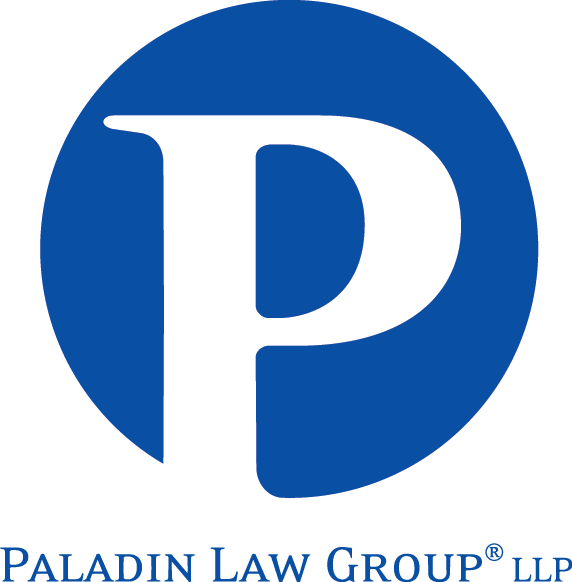Report: Sins of Greenwashing
- November 4, 2010
- Paladin Law Group® LLP
- Publications
- 0 Comments
By Bret A. Stone
There is no question that green claims are on the rise. One trip to your nearest big box retailer is enough to convince you that we have arrived at a green economy. Or have we? On the heals of the the Federal Trade Commission announcing its proposed new Green Guides, TerraChoice released its 2010 report, “Sins of Greenwashing – Home and Family Edition.” The report is less than favorable on how retailers are misleading consumers regarding the environmental practices of a company or the environmental benefits of their products. In a sample of 24 retailers located in Canada and the United States, TerraChoice found green claims on 4,744 products in 2010, compared to 2,739 in 2009. Counter that with the finding that 95% of the green products it examined made some form of false or misleading environmental claim.
The TerraChoice report offers several other interesting insights. TerraChoice found that big box stores do a substantially better job than other retailers when it comes to putting more green products on the shelves, and big box stores do a better job of finding and selling products that are backed up with bona fide green claims. Another interesting finding addresses the problem of false and bogus green certification labels. TerraChoice notes that roughly a third of the greenwashing sins were based on false certifications. TerraChoice even found meaningless certification marks for sale on the internet, including one titled “Green – Certified Environmentally Conscious,” which TerraChoice claims can be licensed by any interested manufacturer or retailer for only $15.
TerraChoice has made a name for itself over the past few years issuing annual “Greenwashing” reports that identify false and misleading green claims on consumer products. TerraChoice is of course not a government agency, but it bases its “seven sins of greenwashing” on the FTC’s Green Guides, rules issued by the Competition Bureau of Canada, and the International Standards Organization (ISO) standard for environmental marketing, ISO Standard 14021. TerraChoice administrates the “Ecologo” program, which was originally developed by the Canadian government, and in August of this year the firm was acquired by Underwriters Laboratories, which offers its own “UL Environment” certification program.
TerraChoice is certainly not a disinterested party in the green labeling game. The organization has a financial interest in selling its consulting services and in the success of the Ecologo and UL Environment certification programs. Given this bias, it’s probably safe to say that not all of the products that TerraChoice finds guilty of greenwashing (95% of all reviewed products) could be successfully challenged by the FTC, state attorneys general, or consumers. That said, the 2010 report is a good indicator of the greenwashing problem that pervades environmental marketing today. More importantly, the efforts of TerraChoice, as well as regulators like the FTC and interested consumer groups, demonstrate that interested stakeholders take green marketing claims very seriously – unlike many other marketing messages, which are tolerated as mere “puffery.” The growth of green marketing claims may be rapid, but scrutiny and regulation of such claims appear to be catching up.

Leave a Reply
You must be logged in to post a comment.